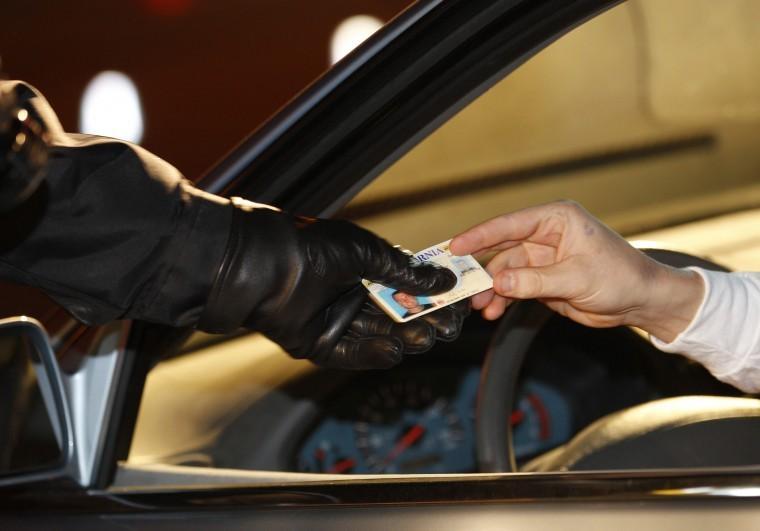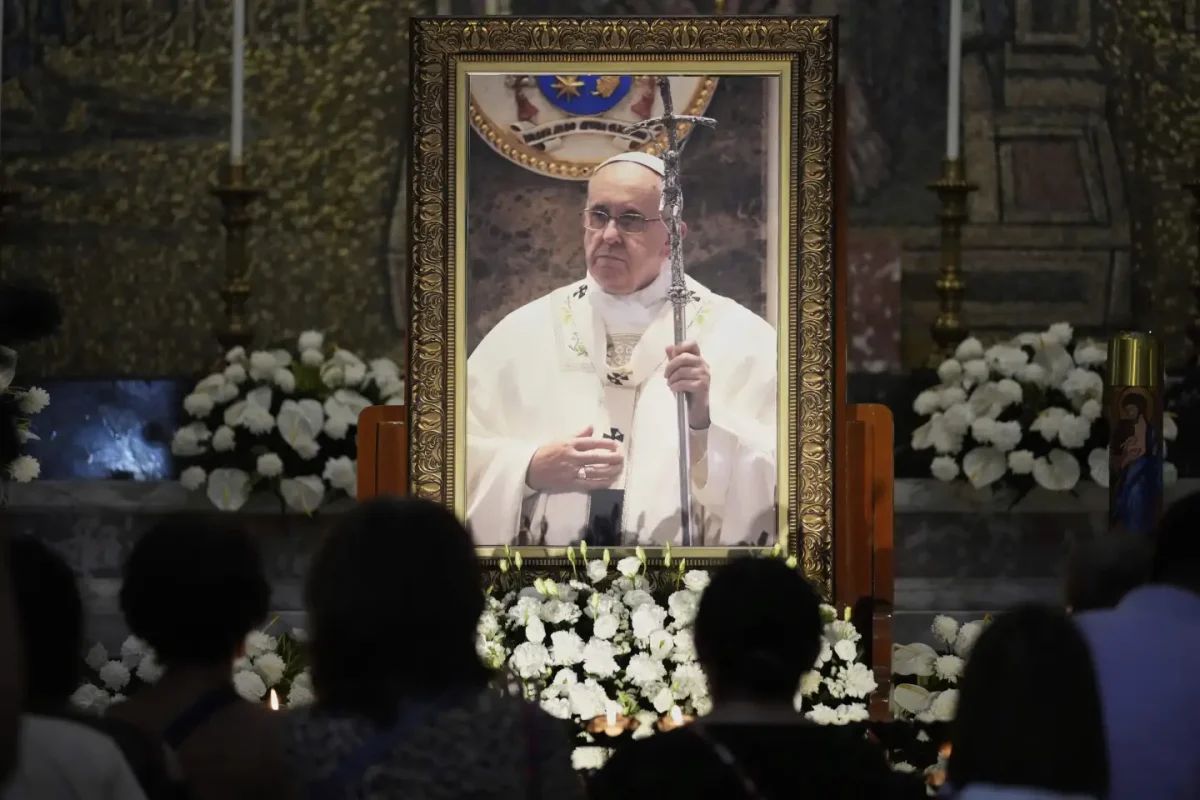Suppose you are driving your car and you find yourself at a DWI checkpoint.
An officer notices you have a can of beer — which your friend left in the passenger seat — and you get a DWI charge.
After a few months go by, you find out in court the checkpoint where you were “busted” was not following checkpoint regulations, and because of that, your case has been dismissed.
With a sense of relief, you leave the courtroom and wonder: how can checkpoints keep drunken people off the streets if officers themselves are breaking the rules?
It’s worth considering after State District Judge Don Johnson denied an appeal on Jan. 31 to a previous ruling that the Baton Rouge Police Department violated the law when it had a police supervisor present and engaged in a DWI checkpoint.
City Court Judge Yvette Alexander ruled last year to eliminate evidence collected in a DWI checkpoint on Government Street in 2010, which initially resulted in a DWI charge against defendant Brian Parks.
Whether Parks was drunk that night should have been a contributing factor in the judge’s ruling.
However, if the police officers in charge of the checkpoints are caught breaking the rules, DWI evidence will be inadmissible in court and the guilty parties will run free.
According to DWI checkpoint guidelines created by the Louisiana Supreme Court, the location, time and duration of a checkpoint and other regulations for operation of the checkpoint must be established by the supervisory personnel rather than the field officers in charge of running the checkpoint.
Parks’ lawyer, Cliff Ivey, said he was able to prove in court that supervisor Sgt. Cory Reach was working the checkpoint on the night in question, and he filed similar motions to eliminate evidence from DWI charges made by Baton Rouge police.
The fact that Ivey was able to convince two judges the checkpoints were violating state guidelines leads me to believe he must be onto something.
If the evidence wasn’t properly gathered to convict someone of driving while intoxicated, then it can’t be submitted, and the guilty party will be free.
It’s a loophole, of course, but one that is there to protect the public.
When Louisiana revoked the 1989 ruling that deemed DWI checkpoints unconstitutional, it laid out guidelines so police officers wouldn’t be violating a person’s Fourth Amendment rights preventing unreasonalbe search and seizure.
City Prosecutor Lisa Freeman said her office will be seeking a second appeal to the First Circuit Court of Appeal, but I think in this case, the third time won’t be the charm.
The Baton Rouge Police Department has to ensure it is following the law to avoid legal battles like this one.
Otherwise, DWI checkpoints are only a hassle for drivers and courts alike.
I’m in complete support of DWI checkpoints because I believe they keep drunk drivers off the streets.
But without following the guidelines, DWI checkpoints become the pointless inconvenience everyone believes them to be.
Jose Bastidas is a 20-year-old mass communication junior from The Woodlands, Texas.
Opinion: DWI checkpoints a necessary evil, if done right
February 13, 2014
The cost of a DWI ticket can reach up to $1,000 in Louisiana, not including bail, court costs and increased insurance rates.






